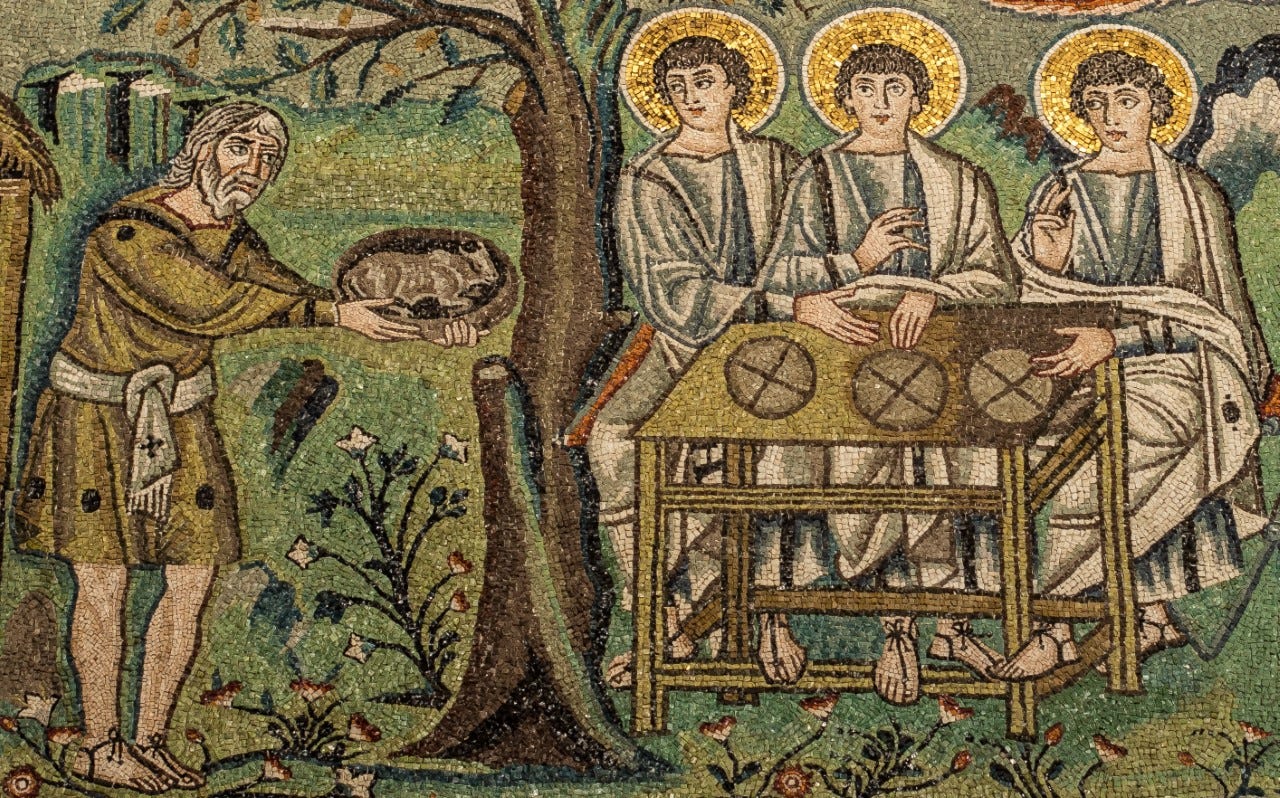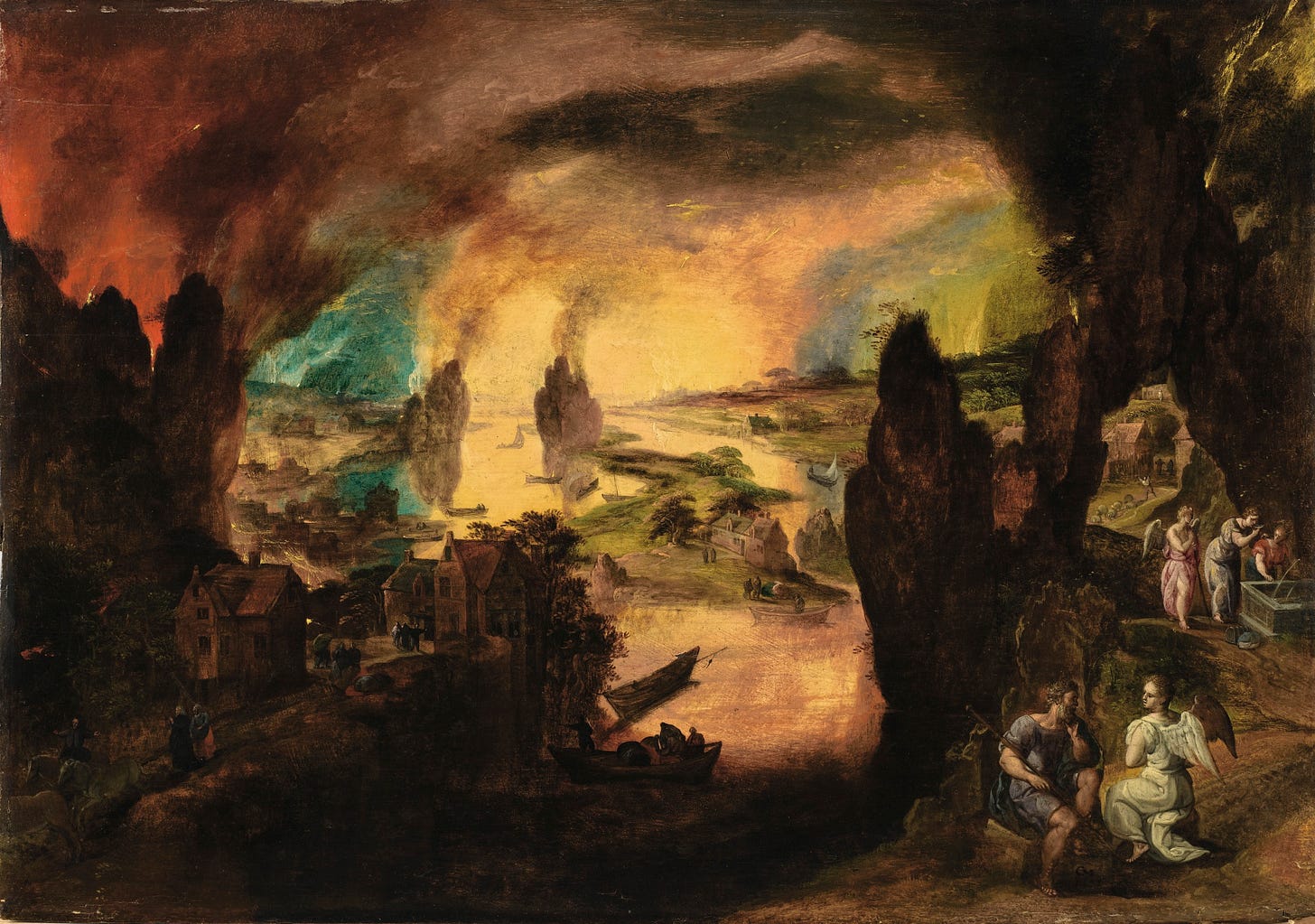A freezer full of meat: a chilling reminder of the need to refuel liberty
Giving food to strangers should not pose a legal dilemma.
When I heard that efforts were underway to provide food for the truckers, I felt motivated. I generally do not like protests, and I would like the protest to end peacefully. But I also want to see vaccinate mandates gone, and offering food to the truckers struck an archetypal cord that felt like a simple and fulfilling gesture.
But the meat I have purchased sits frozen in my basement freezer and will feed no one except my famiIy. This is because, in my mind, the message of the Ottawa police did exactly what it was likely intended to do: it caused me anxiety and deterred me. The police did NOT come out and say that people providing food to the truckers would be arrested, but I am a person who is easily intimidated, so the vagueness of words and phrases such as “supporters of protesters who are enabling and funding,” “prosecutions” and “unlawful act” was more than enough to freeze me in my tracks and ensure that the meat would never leave my home. The police’s message was perfectly tailored to activate my weakness and reverence for authority—and it worked effectively. Will people be arrested and charged for delivering hot dogs? highly unlikely, I would like to think, but can it be completely ruled out in the unpredictable days ahead?
https://www.rebelnews.com/ezra_levant_show_february_04_2022
What does my fear of authority mean about the archetype of hospitality in Ottawa today? Giving food to strangers and listening to their words and stories is not a new phenomenon. It is a recurring theme in Homer’s Odyssey, where Odysseus and his men repeatedly take nourishment from the grill pits of mortals and immortals alike. Our collective traditions—historical, religious and literary—are rich with the simple and intuitive story of sharing food with the stranger when they come to our home. Offering food to people regardless of who they are resonates deeply with our past
In “Making Room: Recovering Hospitality as a Christian Tradition,” Christine D. Pohl notes that “most of the ancient world regarded hospitality as a fundamental moral practice . . . . Hospitality assured strangers at least a minimum of provision, protection, and connection with the larger community. It also sustained the normal network of relationships on which a community depended, enriching moral and social bonds among family, friends, and neighbors.” She notes that “Jesus challenges narrow definitions and dimensions of hospitality and presses them outward to include those with whom one least desires to have connections.” Other cultures have similar ideas, but when it comes to the truckers, many people in Ottawa seem to prefer to imagine them as an invading and looting army rather as visitors worthy of hospitality.
In Genesis 19, two angels arrive in the corrupt city of Sodom (strangers in the Bible in need of help would sometimes turn out to be divine guests). Lot welcomes them into his house in accordance with the tradition of hospitality, but at night the men of Sodom surround Lot’s house and seek to sexually abuse the guests. Disturbingly, Lot suggests the men take his virgin daughters instead—a horrifying offer that shows how seriously Lot took the obligations of hospitality. The would-be rapists turn down Lot’s offer, but the angels pull Lot inside the house, strike the attacking men with blindness and inform Lot that he and his family must flee because Sodom is about to be destroyed due to its wickedness.
Pohl observes that “Lot seems to show no regard for the enormous potential costs to the more vulnerable members of his own household. Lot's story demonstrates that when hospitality is contrary to the intentions of the larger group, it can be dangerous—an act of defiance, a challenge to the unity and expectations of the community. In the context of a supportive environment, hospitality is often a taken-for-granted act of mutual aid. Lot's treatment of the strangers distinguished him from his social context, and for this he is commended in the later tradition (2 Pet. 2:7-8, 1 Clement 11:1)”.
The very disturbing sacrifice that Lot is offering to make is not something that we can condone today, but it does remind us that hospitality to strangers is something that few people can do effectively precisely because it requires sacrifice.
The most noble and high-risk case of sacrifice I can think of is the righteous among the nations who, during the Holocaust, put themselves and their families at risk to bring Jewish people into their homes or to help them in other ways. In some cases, if I remember what I read correctly, people hiding Jews in their homes had to carefully purchase food from several places to conceal the fact that they were buying for more people than just their families. The Holocaust museum Yad Vashem notes that help for the Jews, though rare, came not only from those whose level of sacrifice deserves the title of righteous among the nations: “there were different degrees of help: some people gave food to Jews, thrusting an apple into their pocket or leaving food where they would pass on their way to work” < https://www.yadvashem.org/righteous/about-the-righteous.html>.
I am NOT invoking the righteous among the nations to parallel COVID measures to the Holocaust or people who help the truckers to the righteous among the nations. While there are some parallels between COVID culture and a rising totalitarian regime, there is NO comparison to the Holocaust. Like Tolstoy’s unhappy families, each controlling society is controlling in its own way, and some cause infinitely more harm than others—none more so than the Nazi regime. I do not view the truckers as victims but rather as the peaceful, non violent metaphoric equivalent of a “special forces” unit. They are not perfect. Prolonged protests are inherently problematic and need to end. But the core of their message—vaccine mandates have to end; we need our liberty—is correct.
The fact that totalitarian phenomena place limitations—whether mild or severe—on our ability to offer food is not coincidental. When I was a young child, I had heard only bits and pieces about the Holocaust and did not yet understand the enormity or the full and accurate picture of what the Holocaust was. I don’t think I knew about the gas chambers. I therefore imagined the “Holocaust” as a scenario taking place in a big wooden warehouse-like space in which some people had sandwiches with cold cuts and others did not. I really liked cold-cut sandwiches at the time, so having or not having a sandwich formed a major part of my “understanding” of the Holocaust. To my later shame and regret, I wanted to be the one walking around the warehouse eating the cold-cut sandwich. I sometimes think about this early childhood attempt to “comprehend” the incomprehensible Holocaust as a reminder that we cannot always trust ourselves to naturally resist the temptation to be the “superior one.” This perhaps helps to explain why so many people with extensive knowledge about the rise of Nazism do not seem critical of COVID culture—if this time you are the one with the deli sandwich instead of the inferior one, then why say no?
In the online article “Guest or enemy? Welcoming the stranger,” Richard Kearney notes that “the stranger is often treated as the human persona of the divine.” Alluding to the story of Jacob wrestling with the angel, Kearney observes that “what appears as an all-too-human stranger, emerging out of the night to wrestle with us, is only subsequently recognized as divine.”
< https://www.abc.net.au/religion/guest-or-enemy-welcoming-the-stranger/10100458>
Karney discusses “the wager between hospitality and hostility. When faced with the stranger, do we open or close the door? Do we reach for a weapon or extend an open hand? This is one of the inaugural dramas of human ethics. . . . When there is a knock on the door, you don't know whether the person is a monster or a messiah. That's the level of risk that real hospitality involves. As soon as you put it into laws, rules, norms and pacts you are removing the challenge, taking the trust and daring out of it.”
Kearney discusses Jacques Derrida’s view of “absolute hospitality” as a “‘yes’ to the stranger that goes beyond the limits of laws, rules and conventions which require some check on who to include and exclude. It defies border controls. By putting it in such a hyperbolic way, Derrida is asking us to make a leap of faith in the stranger as unknowable and unpredictable Other. He acknowledges that such hospitality is impossible; but he suggests we should strive for it anyway.”
Another point that Kearney makes is especially relevant to the truckers’ protest: “hostis is a double term at the root of both hospitality and hostility. The positive sense of host relates to one who receives the guest as an Other (stranger or foreigner) in a reciprocal gesture. But this positive sense is gradually overcome in the development of anonymous states and regimes.”
A defining feature of any controlling regime that oversteps its boundaries is that one day one awakes to the fact that the normal bounds of tradition and conventions have shifted. When peaceful and law-abiding citizens keep sausages in their freezer instead of offering them to the truckers because they are anxious about the police, it is time for societal introspection. Giving food is archetypal hospitality. When offering food becomes a legal dilemma, it is time to ask ourselves questions about what kind of society we are allowing ourselves to become.




